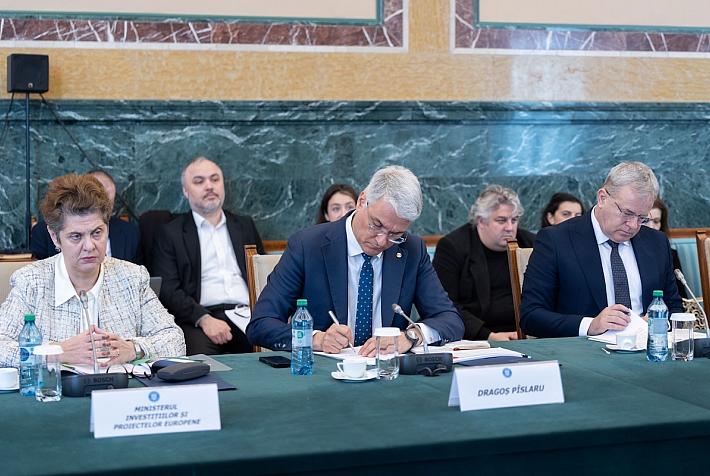Romanian Court rules that Big Brother law is constitutional

Romania's Constitutional Court (CCR) ruled, on Thursday, on two exceptions of unconstitutionality filed against the so-called Big Brother law, which allows national security and defense institutions to have quick access to the identification data of telecom operators’ customers.
The law was challenged in court in November 2015, soon after being signed by President Klaus Iohannis, but CCR hasn’t come to a decision until now. On Thursday, the judges have rejected the unconstitutionality complaints against this law, reports local Mediafax.
Under the law, the traffic data related to the users and subscribers, processed and stored by a telecom provider, will be deleted or made anonymous when they no longer make the subject of a communication transmission, but no later than three years from the date of communication.
The most important and controversial provision of the law provides that telecom operators need to offer the requested data to national security or prosecution institutions in maximum 48 hours, if these have the prior permission from a judge.
The Chamber of Deputies adopted the Big Brother law at the end of September last year.
Irina Popescu, irina.popescu@romania-insider.com












